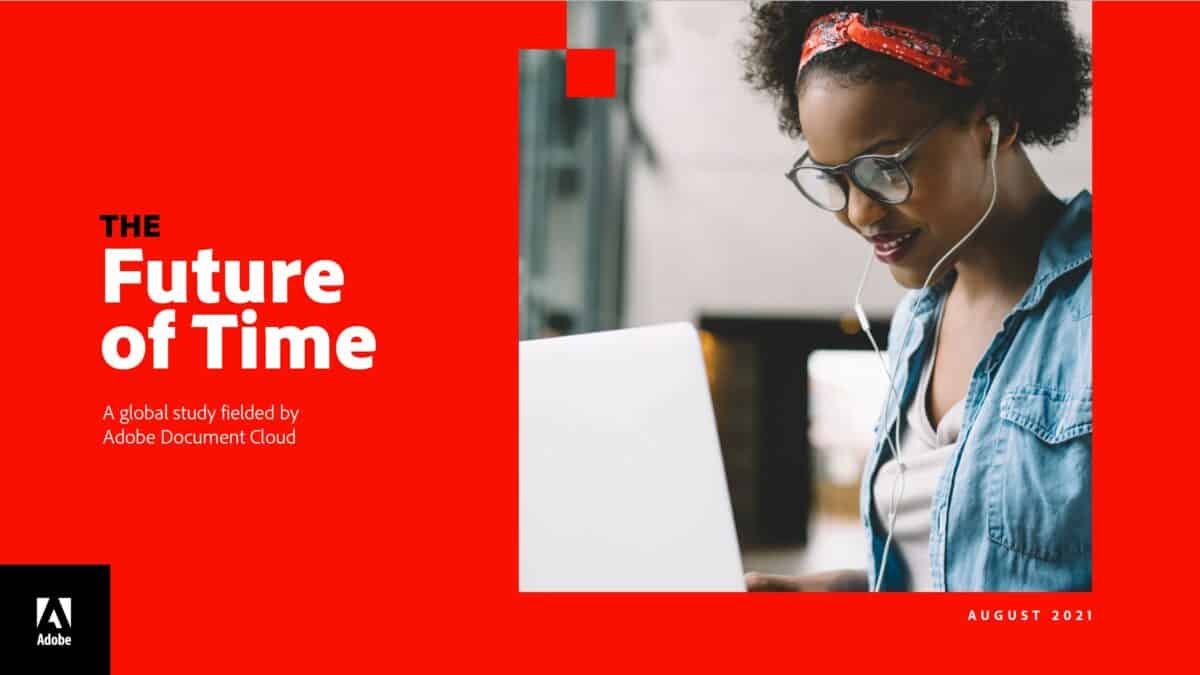A recent academic commentary on “Aging and the Future of Decent Work”* by many international researchers contains some interesting thoughts on employer obligations and health promotion.
The report makes some specific comments about the effectiveness of health promotion programs for older workers:
Workplace health promotion programs may encounter obstacles that impede desired results. For example, employers are generally not obliged to promote employee health in the same way they are required to address workplace safety. Lack of resources, management resistance, and employee reluctance to change behaviors are common barriers to program success. The literature on health promotion interventions targeting older workers is sparse but suggests the effectiveness of such programs may be limited and may vary depending on the focus of the intervention.
page 3







